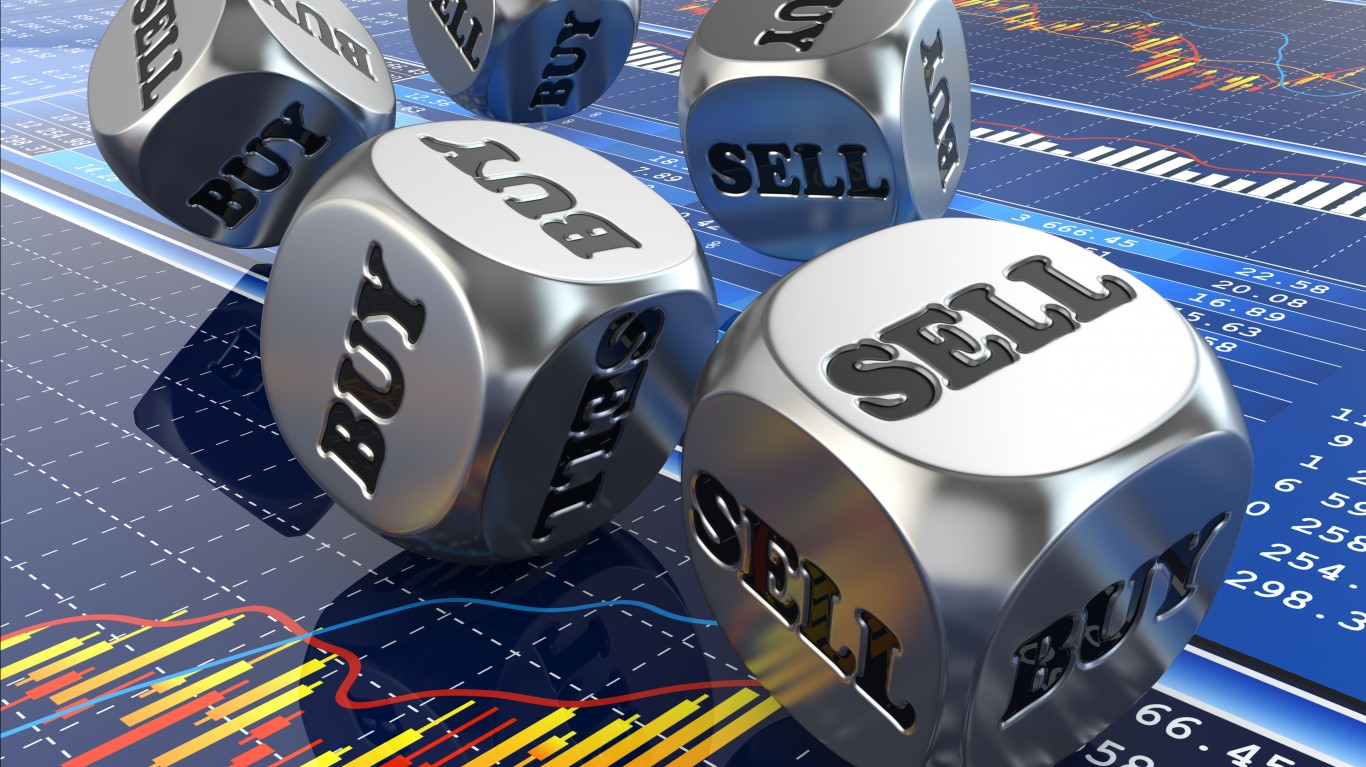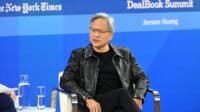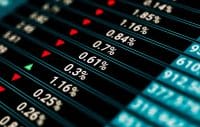

Red tape, fraud, scalpers and yellow cows bedevil Apple in China.
From “Apple’s Iconic Stores Struggle in China” posted Monday in The Information ($).
- Apple had to navigate a maze of government bureaucracy to obtain everything from business and tax licenses to construction, fire and customs permits for imported building materials, former employees say. The regulatory framework in China is far more complicated than in the U.S., with many more layers of government, these former employee say, and it’s far more opaque. Employees frequently scrambled to chase down permits and local approvals to keep store openings on track, they said. Two former employees said it was common for Apple to receive calls from low-level government bureaucrats asking for free iPhones and other products. Apple had a zero-tolerance policy toward bribery, they said…
- Apple, too, had to contend with scalpers, known as “yellow cows” in colloquial Chinese. These scalpers swarmed its stores and elbowed out other customers during product launches and in-store promotions. In 2016, for example, Apple offered Chinese students a pair of free Beats headphones with the purchase of a laptop as part of a back-to-school sale with the goal of hooking young customers on Apple products. Instead, scalpers hijacked the promotion by organizing busloads of hired students to buy the products, according to four former Apple employees familiar with the matter. One morning, two charter buses pulled up to an Apple store in Beijing carrying about 80 students led by a man holding a flag like a tourist guide, according to a former employee who witnessed the event. One man lined them up outside the store and assigned each student a number. A second handed them a credit card once inside. A third waited outside to collect the laptops and headphones.
- Meanwhile, Apple’s stores in Hong Kong ran into a separate issue. Hot demand in China fed a vibrant grey market for iPhones smuggled from Hong Kong—where there is no value-added tax—to resell for a profit back in the mainland where phones are more expensive because of a 17% tax. Sometimes the parallel traders, as they are known locally, couldn’t sell their stock, so they would shuttle them back into Hong Kong to return the devices before Apple’s 14-day return window expired. Shortly after the iPhone 6S was released in 2015, Apple’s retail store in the Causeway Bay shopping district in Hong Kong was deluged with long lines that wrapped around the building. One former Apple employee who witnessed the episode initially thought the customers were there to buy iPhones, only to discover many were returning them.
Below: The rise and fall of Apple’s Chinese store openings.
My take: Good reporting from The Information’s Wayne Ma, who says he interviewed 17 former employees, all of whom worked in Apple’s retail stores or on related issues in China and all of whom requested anonymity because of Apple’s confidentiality policies.

Thank you for reading! Have some feedback for us?
Contact the 24/7 Wall St. editorial team.






